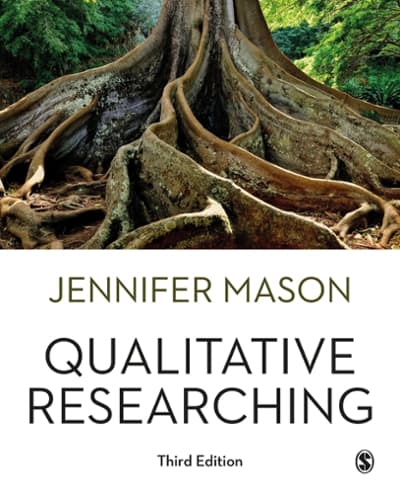Answered step by step
Verified Expert Solution
Question
1 Approved Answer
STUDY QUESTIONS: Critchfield, T. S., Doepke, K. J., Epting, L. K., Becirevic, A., Reed, D. D., Fienup, D. M., ... & Ecott, C. L. (2017).
STUDY QUESTIONS:
Critchfield, T. S., Doepke, K. J., Epting, L. K., Becirevic, A., Reed, D. D., Fienup, D. M., ... & Ecott, C. L. (2017). Normative emotional responses to behavior analysis jargon or how not to use words to win friends and influence people.Behavior analysis in practice,10(2), 97-106.
- Do behavior analysts have a problem with jargon according to these authors? What are the consequences of our reliance on our jargon in speaking with others?
- Comment on the grid on p.100 . What do you think it means that behavior analysis has only one word that people react to positively (pleasant and motivating)? Comment on the contrast of behavior analysis and science on the grid.
- Comment on the bar graph on p. 102. Note where behavior analysis falls in the rousingly unpleasant and blandly pleasant quadrants.
- What are the implications of this article for training, for practice? Should we work to reduce our reliance on jargon, to translate terms into lay terminology, to match our audience? Does the ethics code support this? (Be specific)
Step by Step Solution
There are 3 Steps involved in it
Step: 1

Get Instant Access to Expert-Tailored Solutions
See step-by-step solutions with expert insights and AI powered tools for academic success
Step: 2

Step: 3

Ace Your Homework with AI
Get the answers you need in no time with our AI-driven, step-by-step assistance
Get Started


